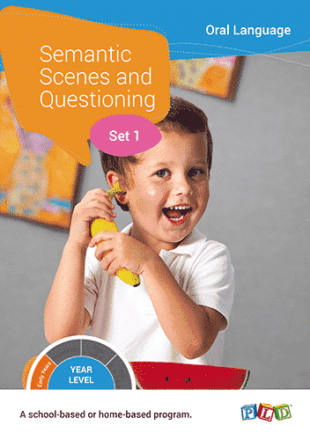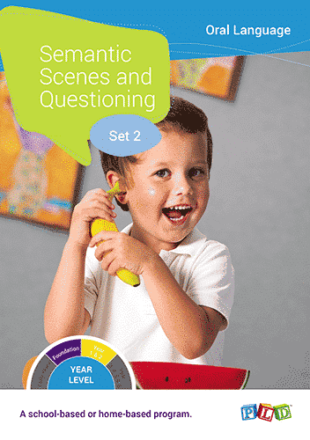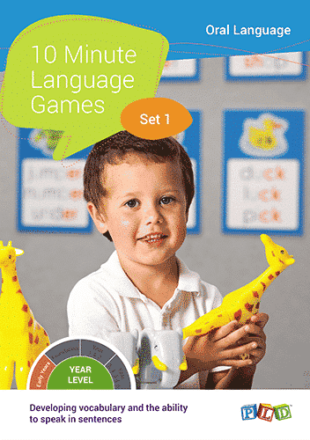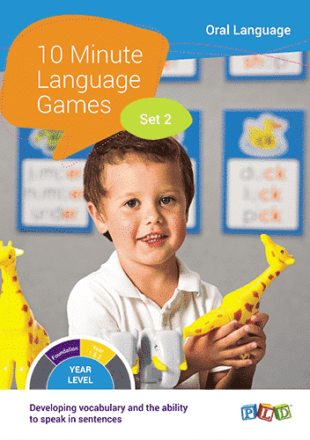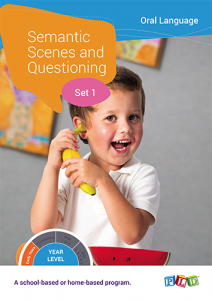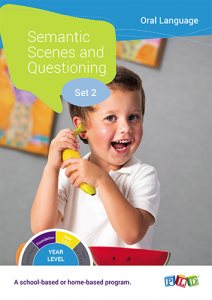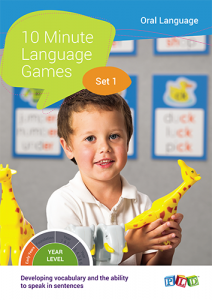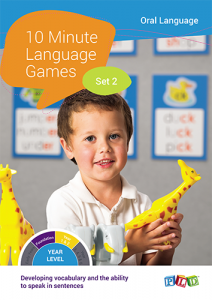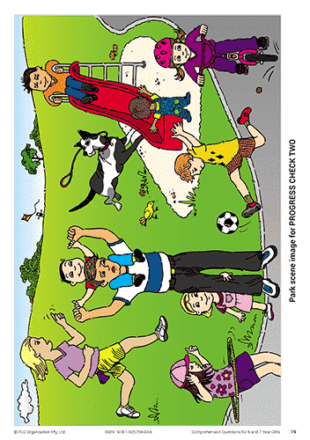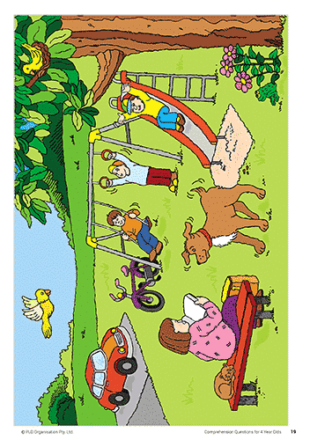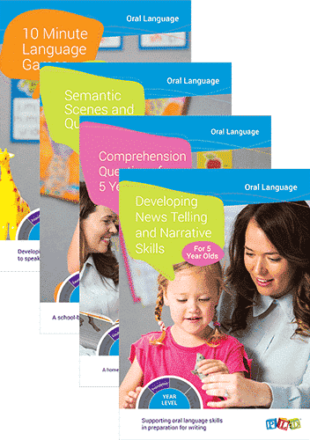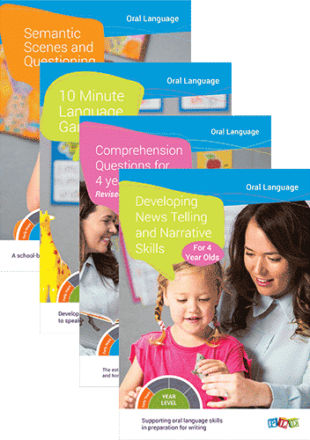| Book |
Semantics Program for Early Years & Foundation – Full Set
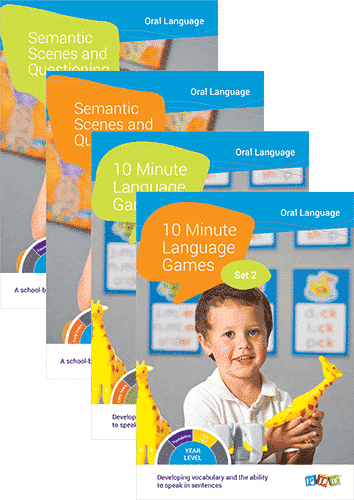
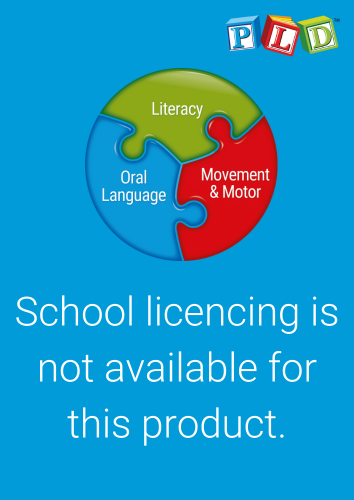
The PLD Semantics program for Early Years & Foundation classrooms has been designed by speech pathologists for students between 3 and 6 years of age. Buy all four resources in a bundle and save 15%. Click on each of the links below if you wish to view the stages individually.
Each program contains 5 and 10-minute short tasks to explicitly explore the realm of semantics.
The images used in the PLD Semantics program are engaging and educational.
This PLD Semantics program, ideal for Early Years and Foundation students, contains the following resources:
- Semantic Scenes and Questioning – Set 1
- Semantic Scenes and Questioning – Set 2
- 10-Minute Language Games – Set 1
- 10-Minute Language Games – Set 2
Early Years
The Early Years refer to Kindergarten (WA/QLD/SA/TAS) and Preschool (NSW/ACT/NT/VIC).
The Early Years are a significant period in a child’s development. For best outcomes, play and child-centered approaches need to be balanced with explicit targeted instruction.
In the Early Years, PLD programs focus on pre-literacy skills such as phonological awareness and the alphabet sounds, as well as fine and gross motor and oral language skill development.
Foundation Year
The ‘Foundation’ year has different names across Australia and refers to Pre-Primary (WA), Kindergarten (NSW/ACT), Preparatory (QLD/ VIC/ TAS), Reception (SA) and Transition (NT).
The development of literacy in early childhood and into primary school serves as one of the most crucial foundations for a child’s life. The Foundation school year is one of the most important years of schooling. This is the year that students learn to read, spell and write.
Being able to read, write, speak and listen gives a child invaluable social skills and confidence to become healthy and happy into adulthood. Literacy development can significantly impact a child’s career and personal happiness, through to becoming a balanced adult with all the necessary skills to cope with daily life.
PLD Targets Literacy & Oral Language Simultaneously
PLD’s method is derived from the disciplines of speech pathology, occupational therapy and education. PLD advocates that literacy and learning outcomes in children are maximised when their literacy, oral language, movement and motor skills are targeted simultaneously. Literacy involves more than just recognising words on a page. To be truly literate students need to be able to speak well, interpret what they’re hearing, and transfer all of this information into written language. It’s this broad three-skill focus that sets PLD’s resources apart.
Semantics Program for Early Years & Foundation – Full Set – School Licence


School licensing options are currently being developed to allow schools to share products with staff electronically (e.g. saved on servers or accessible within online platforms) and will be available soon. If you would like to be notified when this offering is available, please express your interest here.
Books: PLD’s books may be used by the authorised purchaser within their classroom, however there are restrictions regarding modifying, copying or sharing. Full details can be found here.
School Licences: A School Licence allows access to a resource to be shared with an unlimited number of employees who are employed by the ‘Authorised purchaser’. These resources can be accessed by multiple users simultaneously and can be printed (subject to restrictions) or displayed by employees of the ‘Authorised purchaser’ within their classroom. Learn more here.
Downloadable resources & screening tools: These resources can be viewed, downloaded, printed and shared providing the resources are not modified in any way. Learn more here.
Breaches of Australian Copyright Law are taken seriously and may result in legal action being taken. Full copyright information can be found. Learn more here.
Additional information
Semantic Scenes and Questioning - Set 1
| Weight | .36 kg |
|---|---|
| Dimensions | 30 × 21 × 1 cm |
Semantic Scenes and Questioning - Set 2
| Weight | .56 kg |
|---|---|
| Dimensions | 30 × 21 × 1 cm |
10 Minute Language Games - Set 1
| Weight | .56 kg |
|---|---|
| Dimensions | 30 × 21 × 1 cm |
10 Minute Language Games - Set 2
| Weight | .54 kg |
|---|---|
| Dimensions | 30 × 21 × 1 cm |



